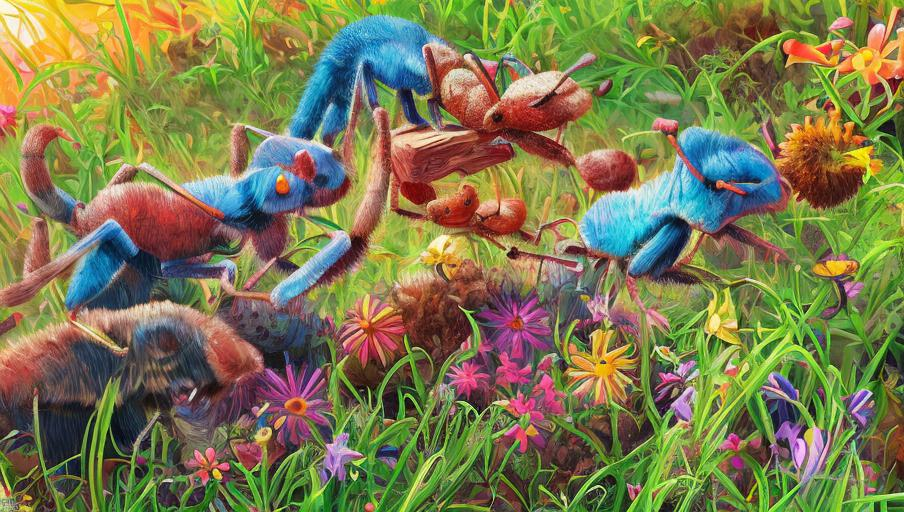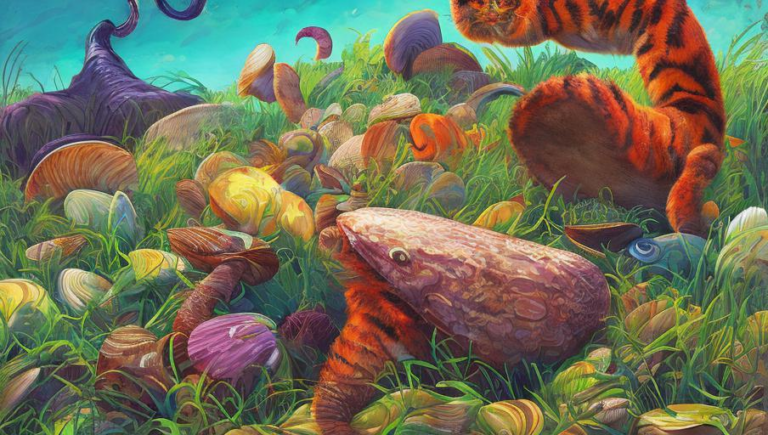Nocturnal Ants

Nocturnal Ants
Ants are some of the most common creatures on the planet, but not all of them are the same. Some ants are nocturnal, meaning that they are active during the night time hours. Nocturnal ants are adept at navigating the darkness, living in colonies and communicating with one another by a complex system of scent trails and vibrations. These night-loving insects play an important role in the ecosystem, consuming a variety of organic materials and helping to turn them into nutrient-rich soil.
Types of Nocturnal Ants
There are many types of nocturnal ants. One of the most common is the Pharaoh ant. These ants are found in warm climates, and they are known for their small size and yellowish-brown color. Pharaoh ants can live in large colonies and are often found in damp areas, such as bathrooms and kitchens. Fire ants are also nocturnal and are usually seen in warmer climates. They are larger than Pharaoh ants and are easily identified by their reddish-brown color. They are known to be aggressive and can inflict painful stings.
Nocturnal Ant Behavior
Nocturnal ants have a variety of behaviors that are unique to their species. They are able to navigate the darkness and communicate with one another by a complex system of scent trails and vibrations. They also have a tendency to forage for food in large groups, which can be seen as a group of ants marching through the night. They are also known to be territorial and will defend their colonies against intruders. Finally, nocturnal ants are able to survive in a wide range of temperatures, allowing them to live in many different environments.
Nocturnal Ants and the Ecosystem
Nocturnal ants play an important role in the ecosystem. They are major consumers of organic material, such as dead insects, decaying plants, and animal droppings. This helps to turn these materials into nutrient-rich soil, which can be used to fertilize plants and crops. Additionally, nocturnal ants help to keep other insects and animals in check, as they are known to prey on smaller insects. Finally, nocturnal ants are a major food source for many animals, such as birds and reptiles.
Conclusion
Nocturnal ants are an important part of the ecosystem. They are adept at navigating the darkness, living in colonies and communicating with one another by a complex system of scent trails and vibrations. They also help to turn organic materials into nutrient-rich soil and are a major food source for many animals. Additionally, nocturnal ants are able to survive in a wide range of temperatures, allowing them to live in many different environments. For these reasons, it is important to protect nocturnal ants and their habitats.





